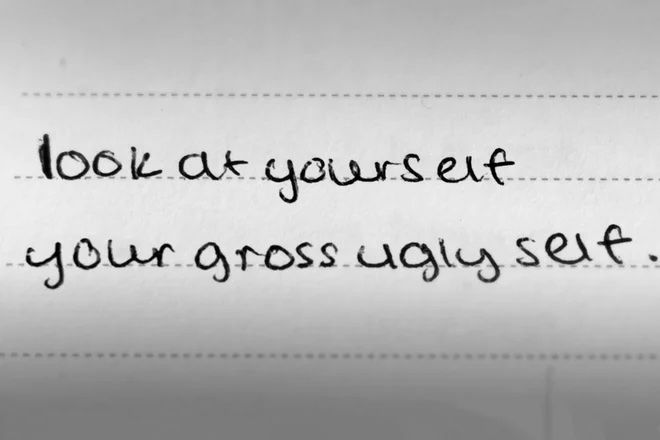When brands get political
Increasingly we look to brands as our salvation - our protectors from the complexities and challenges of modern life.

The annual Edelman Trust Barometer indicates that of the four key institutions of society (business, media, government and NGOs), these days, people's trust lies squarely at foot of business and business leadership.
Increasingly we look to brands as our salvation - our protectors from the complexities and challenges of modern life.
Brands like Dove are taking this responsibility seriously and are increasingly involving themselves in political lobbying to try to regulate the parts of modern society that research says is harmful; in Dove's case, aiming to help pass a bill in the US that regulates toxic content to minors on social media.
In their new film 'The Cost of Beauty' the brand tracks the story of Mary, who under the influence of toxic social media content falls victim to an eating disorder as a teenager.
As usual when it comes to Dove's campaigns - this one is incredibly powerful and emotionally charged.
Brands taking on a political role is tricky territory that shouldn't be undertaken without very careful consideration of the risks.
There is a reason that people have lost faith in politicians and regulators who are meant to be protecting society; getting directly involved can also easily distract a brand from its core function, which is to promote the sale of use of a product.
These advanced brand strategies take time, money and a genuine commitment to stick with it for the long-term, but for the right brands this approach elevates them above simply selling products on a shelf, to the status of a superhero of sorts.
It's admirable and very much needed these days (sadly), but completely off-limits for 99% of brands. So consider this an outlier, not necessarily something you should try to replicate.
More:



